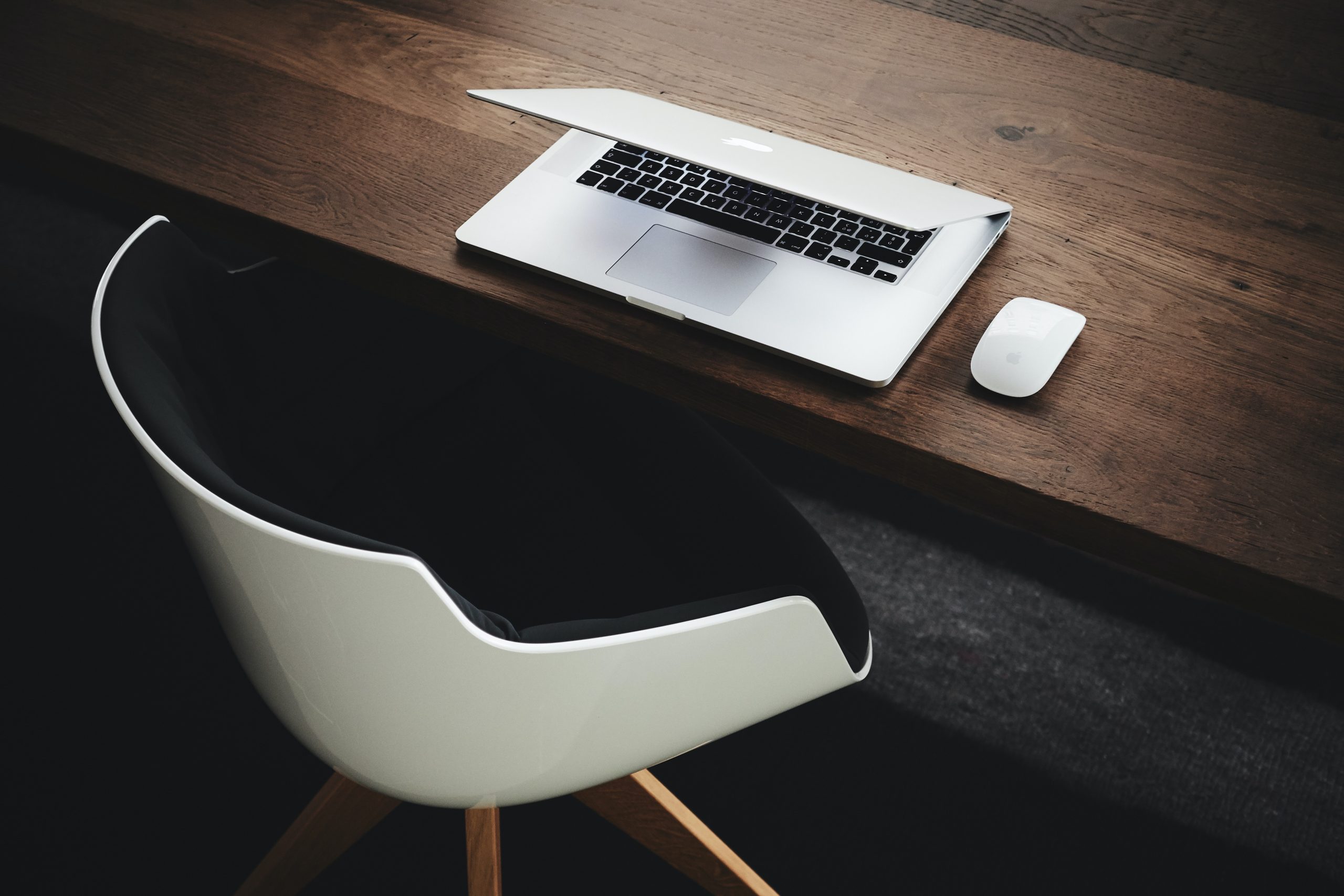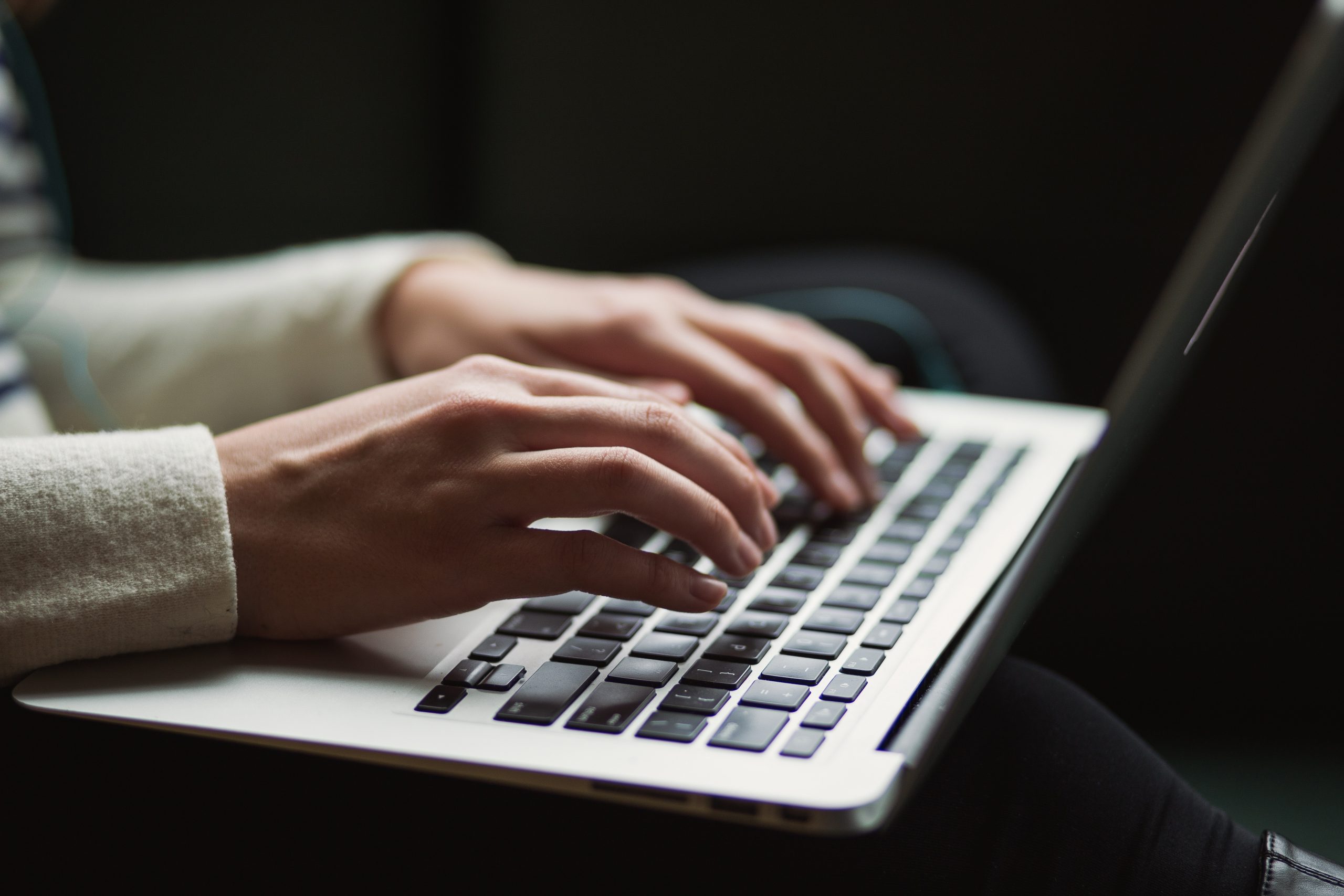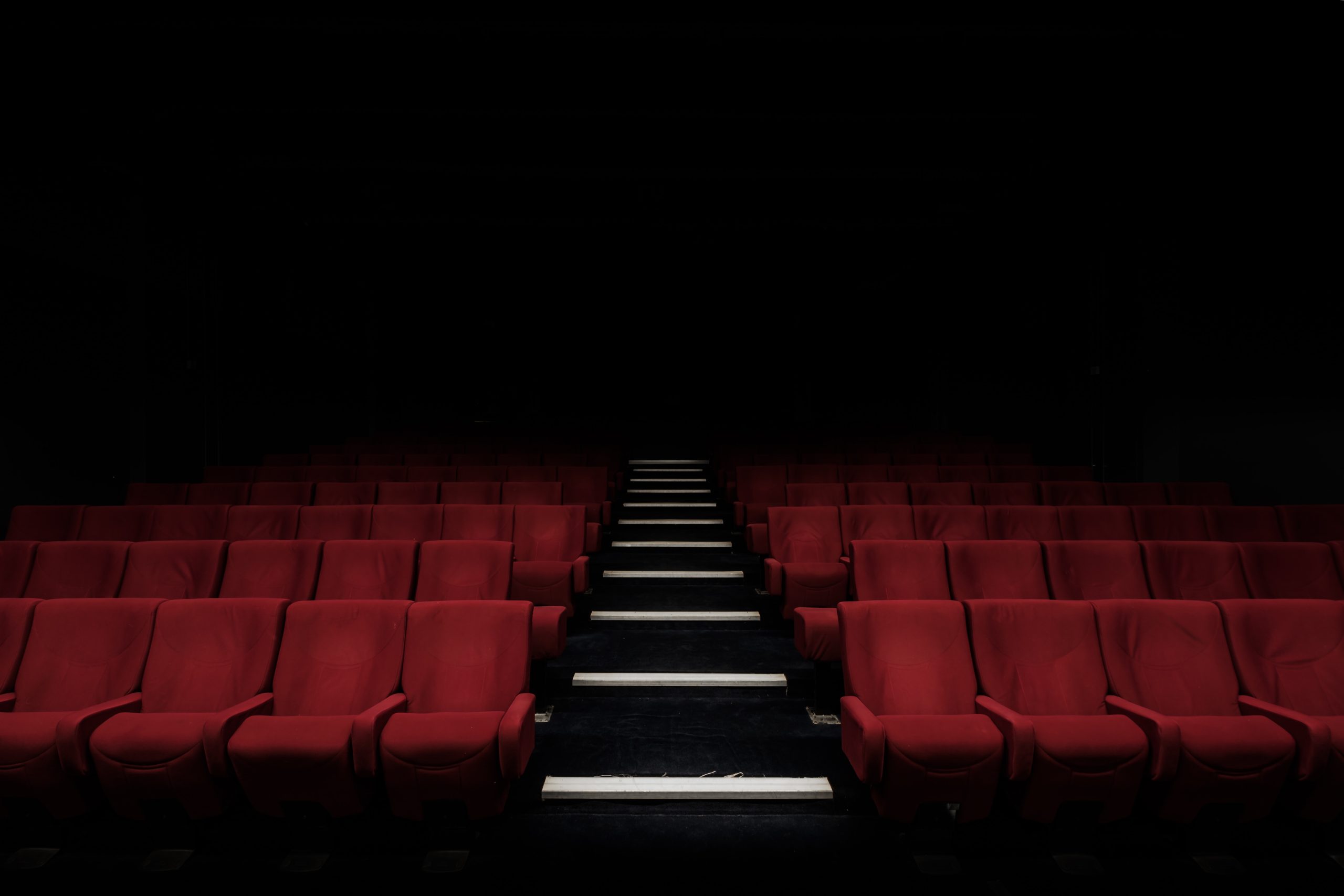A Verdict of Meager Damages in Apple’s Patent Infringement Lawsuit Against Masimo
A federal jury handed Apple a mixed outcome in its patent infringement lawsuit against medical device maker Masimo, finding that the company had indeed infringed on some of Apple’s patents. While the verdict may have been a victory for Apple, the damages awarded were unexpectedly low, to say the least.
According to court records, the jury awarded Apple just $250 in statutory damages, a minimum amount that Apple had actually sought. This decision is likely to raise eyebrows, given the severity of the infringement and the steep financial stakes involved. During the trial, Apple’s attorney, John Desmarais, downplayed the importance of financial compensation, telling the jury, “We’re not here for the money.”
The verdict found that Masimo’s W1 smartwatch, Freedom smartwatch, and health module infringed on one patent, while its charger infringed on another. The jury also determined that Masimo’s infringement was willful, a finding that could have significant implications for the company.
The outcome may suggest that the jury sympathized with Masimo’s claims of patent exhaustion, a defense that some legal experts have criticized as overbroad. Alternatively, it could be that the jury simply decided that Apple’s patent claims were not as stringent as they should have been.
The case highlights the challenges of navigating the complex and often contradictory landscape of patent law. As the tech industry continues to evolve at a breakneck pace, these kinds of disputes are likely to become more common, making it essential for companies to carefully consider their intellectual property strategies and defend their rights vigorously.
For Apple, the outcome of this case is a faltering win, with the company failing to secure the substantial damages it was seeking. However, the verdict does not necessarily signal a failure on the company’s part. Rather, it underscores the often-grisly complexities of patent law and the need for continued innovation and adaptability in the tech industry.









